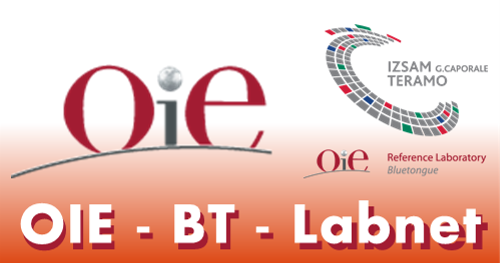Publication type:
Bibliography Partner:
Status:
Year:
Reference:
Host:
Data description:
Keywords:
Full Publication:
Abstract:
Rodent-borne pathogens are the causes of several widespread but under-reported diseases within Europe, with strong links with habitat and landscape structures.
Over an initial three year period, rodents/small mammals were sampled throughout Sweden at sites of particular interest for the study of rodent-borne (RoBo) zoonotic diseases in relation to environmental characteristics. There are several RoBo or rodent/small mammal associated pathogens found in Sweden that are etiological agents of interest and concern to Public Health, and cause illness to thousands of inhabitants every year. Among these are hemorrhagic fever with renal syndrome (HFRS, a.k.a. Nephropathia epidemica, see Olsson et al. 2009) caused by a Hanta virus carried and shed by one of the most common rodent species in Europe, the bank vole (Myodes glareolus). Other RoBo viral diseases of interest are Cowpox, Lymphocytic Choriomeningitis (LCMV), but rodents are also critical to the circulation of e.g. Tick-borne encephalitis (TBE). Rodents’ relatively short life-spans (<2yrs) and narrow home-ranges (a few hectares) make them also suitable for bio-monitoring to detect environmental load at small scales in time and space.





